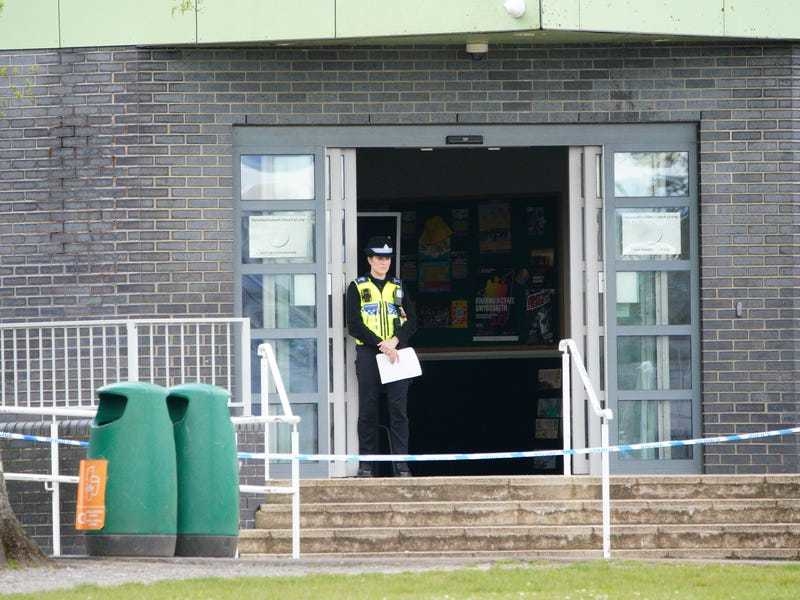THE election is less than 100 days away. Here are just three of the topics that will be engaging my attention as States members who seek re-election try to convince us they are worthy of our votes.
It was in May 2012 that the then Health Minister, Deputy Pryke, supported by the Treasury Minister, Senator Ozouf, announced plans for a new hospital. We were told it should be ready by 2020 and cost up to £300 million. Almost six years on with about £25 million of a now estimated £900 million including interest spent, another chapter has been written in the book of the States’ failures. What a fat volume it has become.
When the Comptroller and Auditor General criticised the procedure adopted to deliver the new hospital the Health Minister, Senator Green, said that lessons had been learned. That has become the phrase trotted out after every cock-up and manifestly it’s not true. Repeating the same mistakes and expecting different results is a definition of insanity. By that judgment our government is stupid as well as inept.
Senator Green knew his scheme broke at least seven planning rules yet he blundered on. The States made a mistake in agreeing to fund the now stalled project; millions have been committed to acquiring Kensington Place properties, and the project must now go back, quite literally, to the drawing board.
The whole sorry saga is riddled with indecision, poor communication, obfuscation and incompetence. Enough is enough – a line should be drawn and the new hospital project must start afresh, but is the Council of Ministers brave and honest enough to admit it?
While the Health Minister is a good man out of his depth, the Education Minister has dithered between doing what is right and bowing to pressure from interested parties. In a bizarre Robin Hood-in-reverse move he is proposing to take from the poor and give to the rich.
In March 2016 Deputy Bryans, who on Wednesday of this week ‘stepped aside’ from the role, said this in relation to early-years education: ‘It is difficult, in the current financial circumstances, to justify giving this subsidy across the board to higher-earning families but we also need to protect the funding for those who would otherwise struggle to afford nursery education.’ Few would disagree, but his position changed to a shocking degree last year when he proposed subsidising those with incomes up to £150,000 a year, nearly four times the average wage.
In a society where everyone, even the poorest, pays tax it is wrong to use that money to subsidise the well-off. Mr Smith, who struggles to meet his family’s needs, sees Mr Jones’s kids driven to nursery school in a posh new car, knows they’ll enjoy several holidays a year, possibly in a second home overseas, and wonders why he is subsidising their nursery education.
Then, like a conjurer pulling a rabbit from a hat, the Treasury Minister said at budget time that university education for all would be grant maintained, a statement similar to the bribe with which Jeremy Corbyn induced students to vote Labour at the last UK election. It’s unthinkable that Senator Maclean did this without the support of the Education Minister, yet neither has offered a shred of justification or explained how this is to be paid for. Apart from the fact that we can’t afford it, it will have the effect of channelling more youngsters toward university whether they are suited to it or not.
Of course there must be equality of opportunity, but when a third of students leaving university say it was not worth the time or the money we have to ask why our education system pushes more of them to further academic pursuit when they would benefit to a much greater extent through high end vocational education and training.
We must also prepare for another non-binding referendum, this time on the role of the Bailiff. Honestly, what is the point? The States was narrowly persuaded by Senator Sir Philip Bailhache that the Bailiff’s role as speaker, or president, of the States Assembly is a constitutional issue and therefore a matter for a plebiscite. As a former Bailiff he should know better than anyone that there is absolutely nothing in our constitution that requires the Bailiff to preside over the States, it’s merely a matter of custom and practice. Across the world elected assemblies take their lead from the Mother of Parliaments and provide that elected members choose their own speaker. That’s how parliamentary democracy works.
Some of the present cohort of States members have a great deal of work to do if they are to convince this voter they are worth another term.






